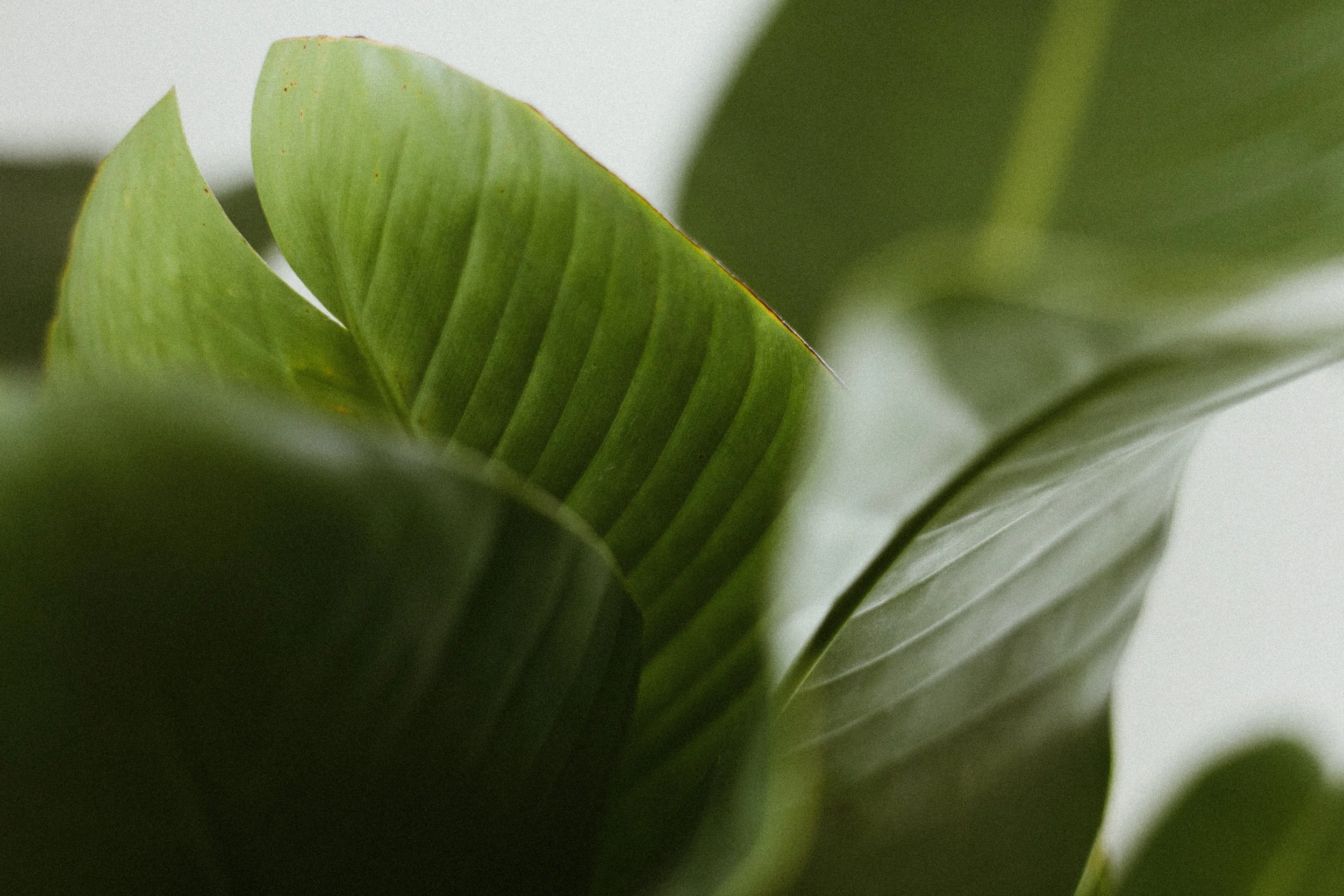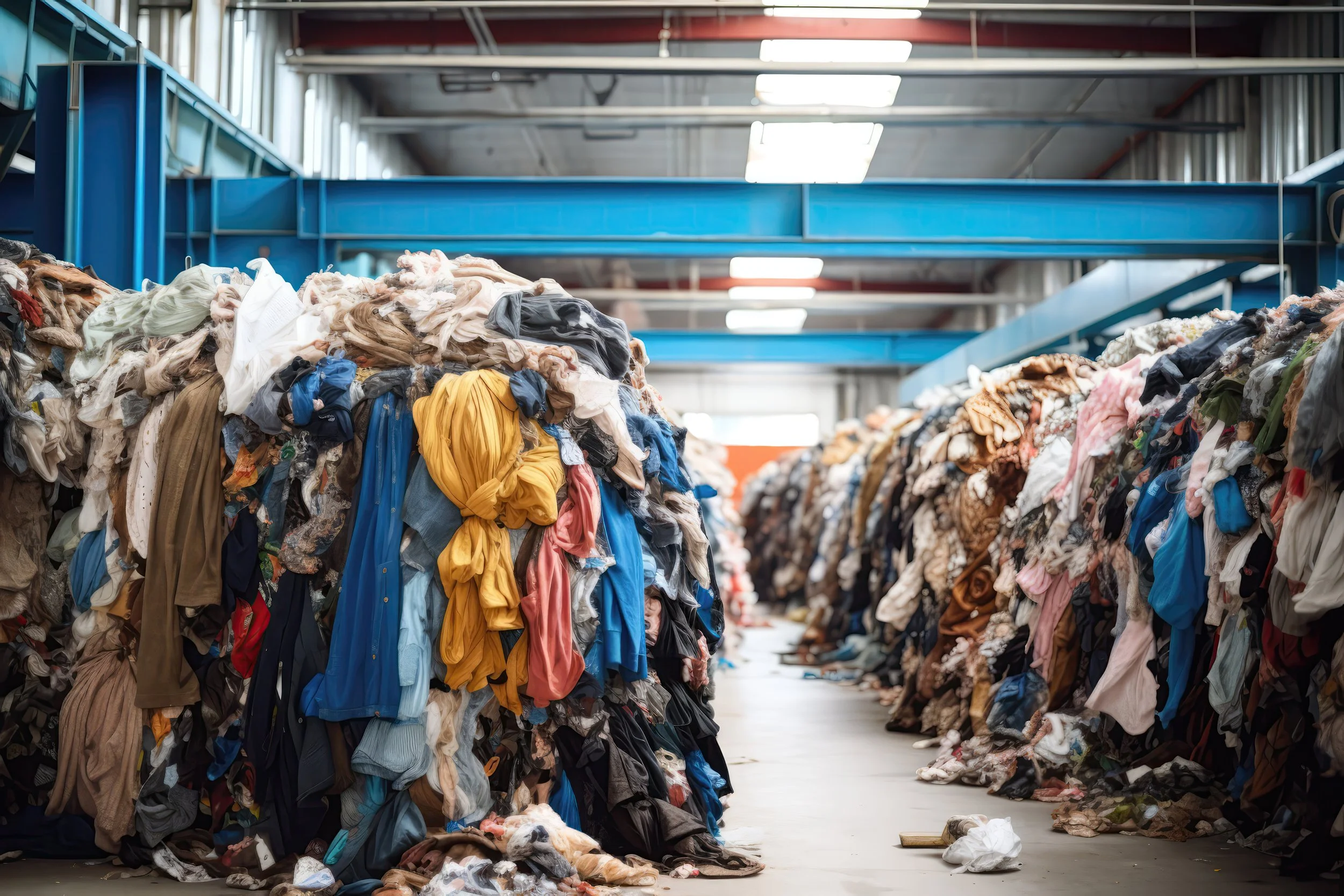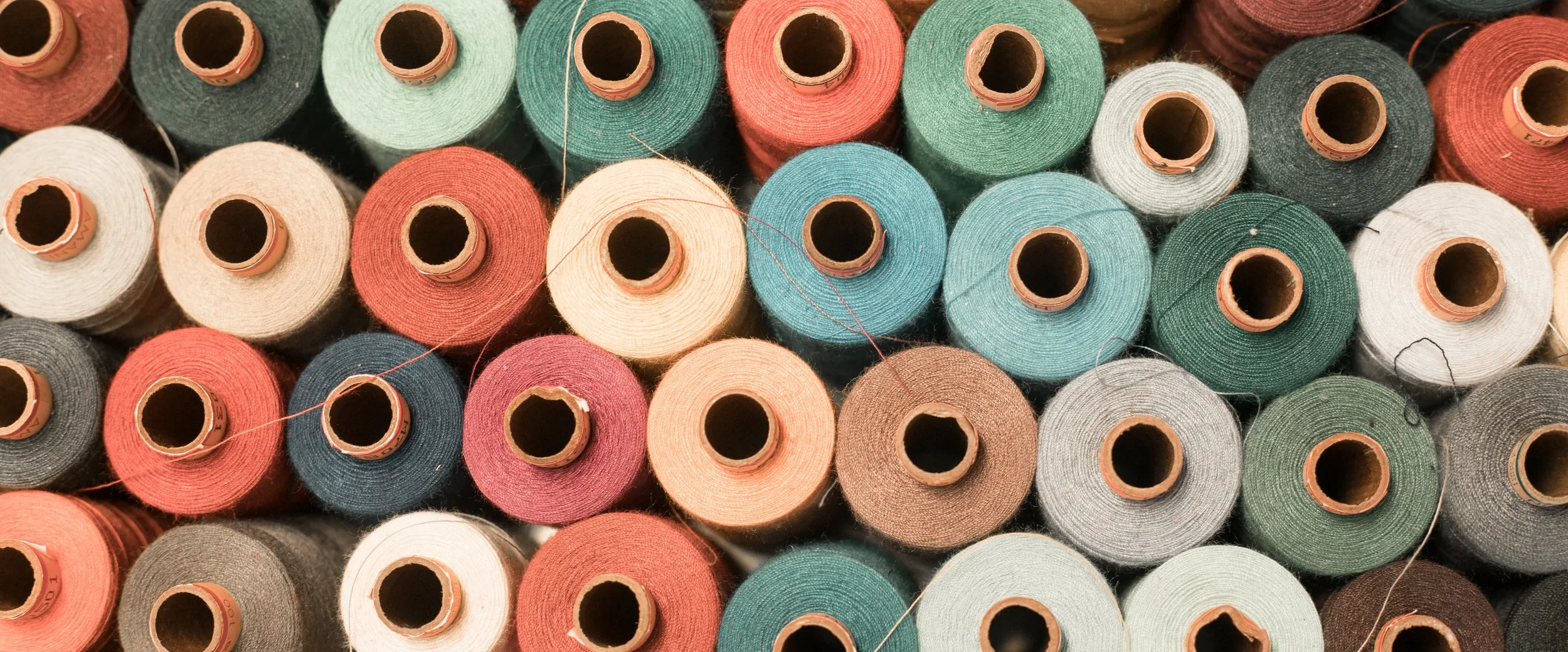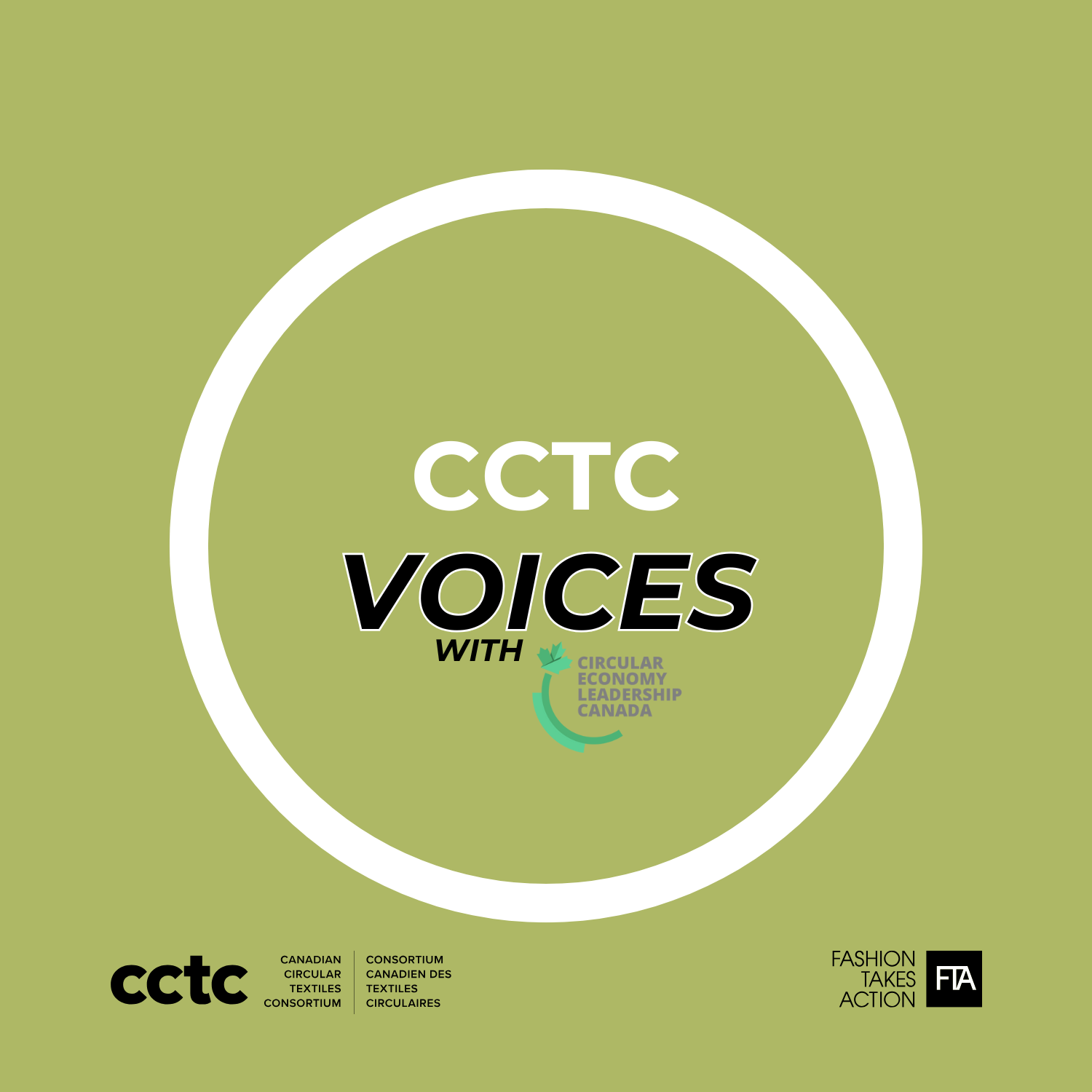
Removing Barriers to
Sustainable Fashion
FTA empowers citizens, educators, and businesses with the tools and knowledge to create lasting change.
New Report:
Canadian Consumer Perceptions of Sustainable Fashion & Greenwashing
Our latest report reveals a major gap between consumer intent and industry transparency. More and more citizens want sustainable fashion — but how can they tell what’s genuine and what’s just greenwashing?
-

Circular Solutions
Closing the gap between vision and action with resources designed for industry leaders.
-

Classroom Education
Tools and resources to support elementary and high school educators.
-

Corporate Education
Corporate training and development that will support your ESG goals.
-

Take Action
Resources to support your sustainability journey, starting with what’s in your closet.
Sustainability Starts with Education
Knowledge is power.
Our role in removing barriers to sustainability is rooted in education. We work hard to educate industry and citizens alike about the social and environmental impacts of fashion.
From circular business to responsible consumption, we offer expert-led sessions that empower your employees to take action. If you’re interested in education and professional development for your company, consider one of our virtual training opportunities.
The power of collaboration to drive systemic change
As the convenor of the Canadian Circular Textiles Consortium (CCTC) we are bringing together stakeholders from across the value chain, in a collective impact framework, to address the crisis of wasted or spent textiles. Partners include apparel brands and retailers, manufacturers, researchers and academics, NGOs, policy makers, charities, sorters & graders, exporters, municipalities and recyclers to mobilize together, and accelerate action. Curious?
Empowering future changemakers
Since 2014, over 35,000 students aged 8-17 have accessed our educational tools and resources. My Clothes My World climate education program is helping young minds connect the dots between what they wear and the impact it has on the world around them. Join us in making learning about climate change as engaging as the latest fashion trends.
Discover circular fashion with ReMode
ReMode is the perfect event for anyone curious about sustainable fashion. If you’re in Toronto or Montreal, join us to explore hands-on ways to engage with circular fashion—whether through Swaps, Talks, or our #NoNewClothes Marketplace.

Our Impact
2k+
Number of global industry stakeholders with which we’ve worked with
75k+ lbs
The amount of textile waste diverted through stewardship activities and events
35k+
Number of students reached with My Clothes My World
Latest Blog Posts
Make a donation
Support our mission by contributing today.
FTA is also a 1% for the Planet non-profit partner. If you are 1% FTP member, your donation will count towards your annual commitment.









